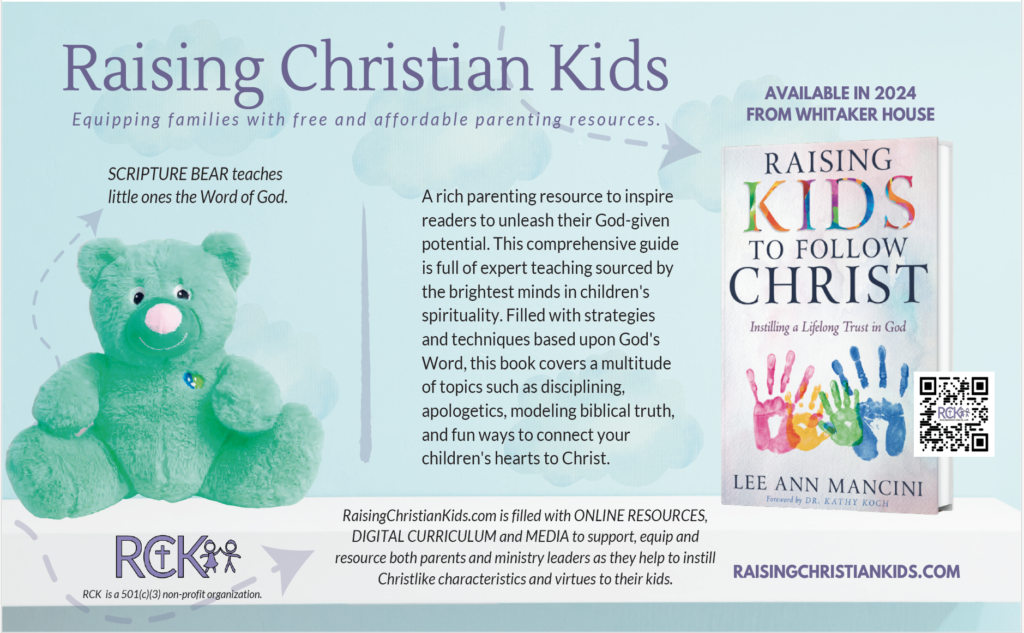Let’s just be honest: it’s easy to love God when everything is going our way—the husband/ gentleman friend is treating us well; the kids are doing well in school or prospering in their occupations; our position at our job is respected; our loved ones and our bodies are healthy; and people generally love us.
We glibly quote 2 Corinthians 9:8, “And God is able to make all grace abound toward you, that you, always having all sufficiency in all things, may have an abundance for every good work (NKJV italics added).
But let a few of those “all things” begin to go south and our bright, trusting attitude toward God can continue to slip as well. I recently received one of the biggest “no’s” that exists when my dear husband, James Elliott, died.
We’d only been married 21 years and frankly, we still had plans to travel and experience much more of life together. We had finally worked through most of our idiosyncrasies by either learning to live with them or adjusting to make the other person comfortable. People from every area of our lives had earnestly prayed for James’s healing and we believed God could and would do just that.
But God said, “No.”
How can we be expected to continue to love God when He allows pain or loss to be a part of our experience?
Recognize God is sovereign.
The first thing to realize is God is sovereign. He is running everything. In other words, God is totally free and right to do whatever He chooses to do. Not only that, but God can be completely trusted to make the decision that is best. We may not understand it at the time, and like Job, we may never find out why God chose to do what He did. But God is completely trustworthy, so we can rest in His choices. Recognize that “no” is an answer to prayer.
The second thing to realize is when we pray, we’re not bossing God around. Prayer is a conversation with God. Many of us spend a lot of that conversational time asking God for things and for what we want Him to do. There’s nothing wrong with placing our requests before God; however, we must remember that four answers are possible—yes, no, maybe, and wait. Any one of these answers is a fair and just one.
Recognize God’s attribute of love does not change with our circumstances.
The third thing to realize is God does not become evil if He doesn’t answer our prayers in the positive. God is still Love. First John 4:7–8 clearly states, “Beloved, let us love one another, for love is of God; and everyone who loves is born of God and knows God. He who does not love does not know God, for God is love” (NKJV, emphasis added).
Even though I didn’t want James to die and leave me alone, his death didn’t change the fact that God was still the God who is pure love. God still madly loves me, and lets me know that He loves James too because “precious in the sight of the Lord is the death of His saints” (Psalm 116:15, NKJV).
My James is in heaven and I’m still here, but I continue to have a passionate love relationship with God because I know He’s in control, His answers are always the right ones, and His love for me does not ever change.
We can completely trust Romans 8:28, “And we know that all things work together for good to those who love God, to those who are the called according to His purpose,” so we can even love God when He says “No.” .
Dr. Sharon Elliott is the author of Didn’t See That Coming: When How They’re Living’s Not How You Raised Them. Her passion lies in encouraging the people of God to live significant, authentic lives that clearly mirror the love and life of God to the world thanks to the life of Jesus and the power of the Holy Spirit.





